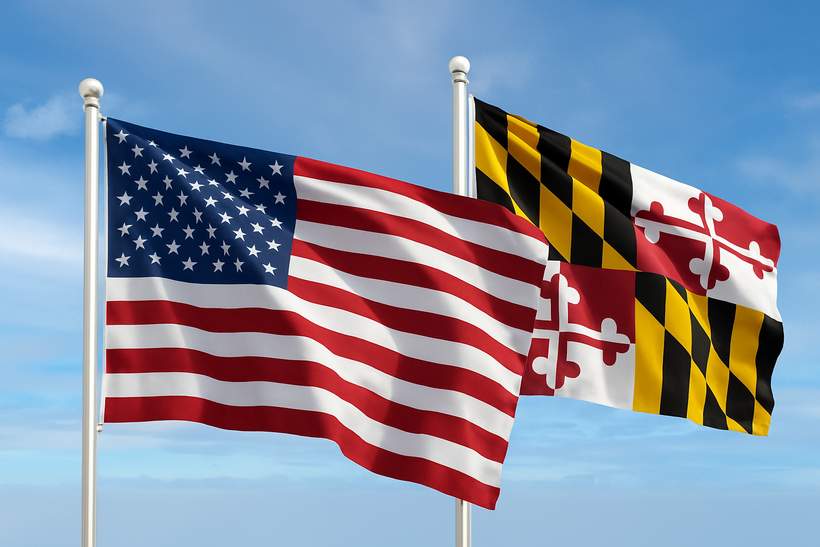Maryland Weighs the Future of Regulated Gambling and Sports Betting

Maryland’s Gambling Landscape Faces Uncertainty
Maryland has operated a regulated gambling system for several years, but the future of this industry appears uncertain. The state’s General Assembly is set to convene in January to discuss legislation that could potentially eliminate regulated gambling, focusing specifically on online sports betting.
Discussion Around Repealing Online Sports Betting
Although the proposal to repeal regulated sports betting is unlikely to pass due to the significant revenue it generates for Maryland, it remains a contentious subject. Public sentiment toward gambling is largely negative, as reflected by recent surveys that show minimal support for legalizing online casinos within the state.
The bill, introduced in the Maryland Senate by Senator Joanne C. Benson, aims to end online sports betting starting January 1, 2026. It also proposes that the State Lottery and Gaming Control Commission refund certain application fees to mobile sports wagering license applicants and holders under particular conditions.
Focusing on High-Risk Gambling Markets
While it is uncertain if the bill will gain enough backing to be enacted, legislators are at least willing to consider reforming specific gambling sectors. One area under particular scrutiny is proposition bets, or prop bets, which have been linked to increased gambling-related harm and addiction.
Concerns Over Prop Bets and Youth Participation
Reports indicate that individuals as young as 15 years old in Maryland might be engaging in prop betting, raising alarms among regulators and lawmakers. Prop bets have become a central issue for many states re-evaluating their gambling industries.
The situation has been further complicated by an FBI investigation involving prominent figures, including NBA star Terry Rozier, which has intensified concerns about the risks associated with sports gambling.
Ongoing Debate Around College Sports Betting
Meanwhile, the NCAA has announced it will permit college athletes to wager on professional sports. This has sparked a broader debate about the legality and ethics of prop bets at the collegiate level, with the NCAA urging state regulators to prohibit such bets to protect the integrity of college sports.